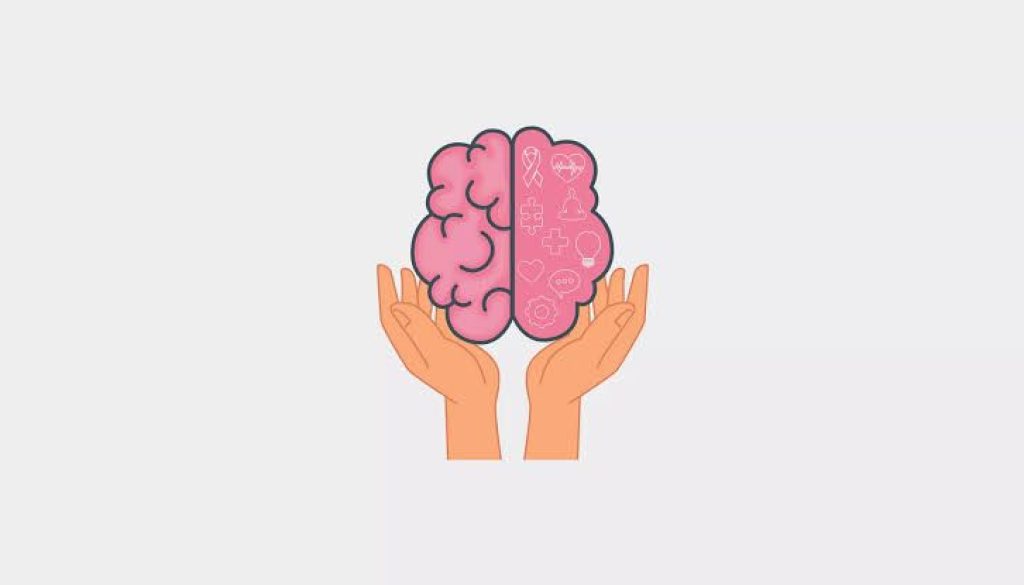The Role of Pets in Supporting Mental Health
Pets play an important role in providing emotional comfort and supporting mental health. Whether it’s a dog, cat, or other companion animal, pets offer unconditional love, companionship, and a sense of purpose that can have a profound impact on their owners’ mental well-being. The presence of a pet can help reduce stress, alleviate anxiety, and improve overall emotional health.
Companionship and Emotional Support
One of the primary ways pets support mental health is through companionship. Loneliness and isolation can take a toll on mental well-being, often leading to depression or anxiety. Having a pet provides constant companionship, reducing feelings of loneliness. Pets are always there, offering affection and attention without judgment, which helps create a sense of emotional security. For individuals who live alone or are socially isolated, pets can fill an important emotional gap, offering comfort and a reliable source of social interaction.
Reducing Stress and Anxiety
Interacting with pets has been shown to lower stress and anxiety levels. The simple act of petting a dog or cat can trigger the release of oxytocin, a hormone associated with feelings of relaxation and bonding. At the same time, levels of cortisol, a stress hormone, tend to decrease. Spending time with pets can also promote mindfulness, as their presence encourages individuals to focus on the present moment rather than dwelling on worries or stressors.
Pets also offer routine and structure, which can be particularly helpful for people struggling with anxiety. Having a pet that requires regular feeding, walks, or grooming can provide a sense of purpose and routine, helping to alleviate anxious thoughts by focusing on caring for another being.
Physical Activity and Improved Mood
For pet owners, especially those with dogs, physical activity is often an important part of their daily routine. Walking or playing with a pet encourages regular movement, which has well-documented benefits for mental health. Physical exercise releases endorphins, which improve mood and reduce symptoms of depression. The act of getting outside for a walk with a dog can also provide opportunities for social interaction, further improving mood and reducing feelings of isolation.
Providing a Sense of Purpose
Caring for a pet brings a sense of responsibility and purpose. For individuals who may feel directionless or overwhelmed, having a pet to care for can provide a reason to get out of bed in the morning. The routine of feeding, playing with, and caring for a pet creates a sense of accomplishment, which can help boost self-esteem and combat feelings of worthlessness that often accompany depression.
Therapeutic Benefits of Service and Therapy Animals
Service animals, particularly dogs, are trained to assist individuals with mental health conditions such as post-traumatic stress disorder (PTSD), anxiety, and depression. These animals can provide a sense of security and support in high-stress situations, helping their owners feel more grounded and safe. Similarly, therapy animals are often used in hospitals, nursing homes, and schools to help reduce stress, anxiety, and depression in patients and students.
Therapy animals are trained to provide comfort to individuals in distress, offering a calming presence that helps people feel more relaxed and less anxious. Their role in mental health treatment is becoming more recognized, as their ability to connect with people on an emotional level can significantly improve the effectiveness of therapy.
In conclusion
Pets play a vital role in supporting mental health by offering companionship, reducing stress and anxiety, encouraging physical activity, and providing a sense of purpose. Whether through the simple joy of daily interaction or the more specialized support of therapy and service animals, pets have a unique ability to improve mental well-being and enhance emotional resilience. For many, the bond with a pet is a crucial part of maintaining a healthy, balanced life.



